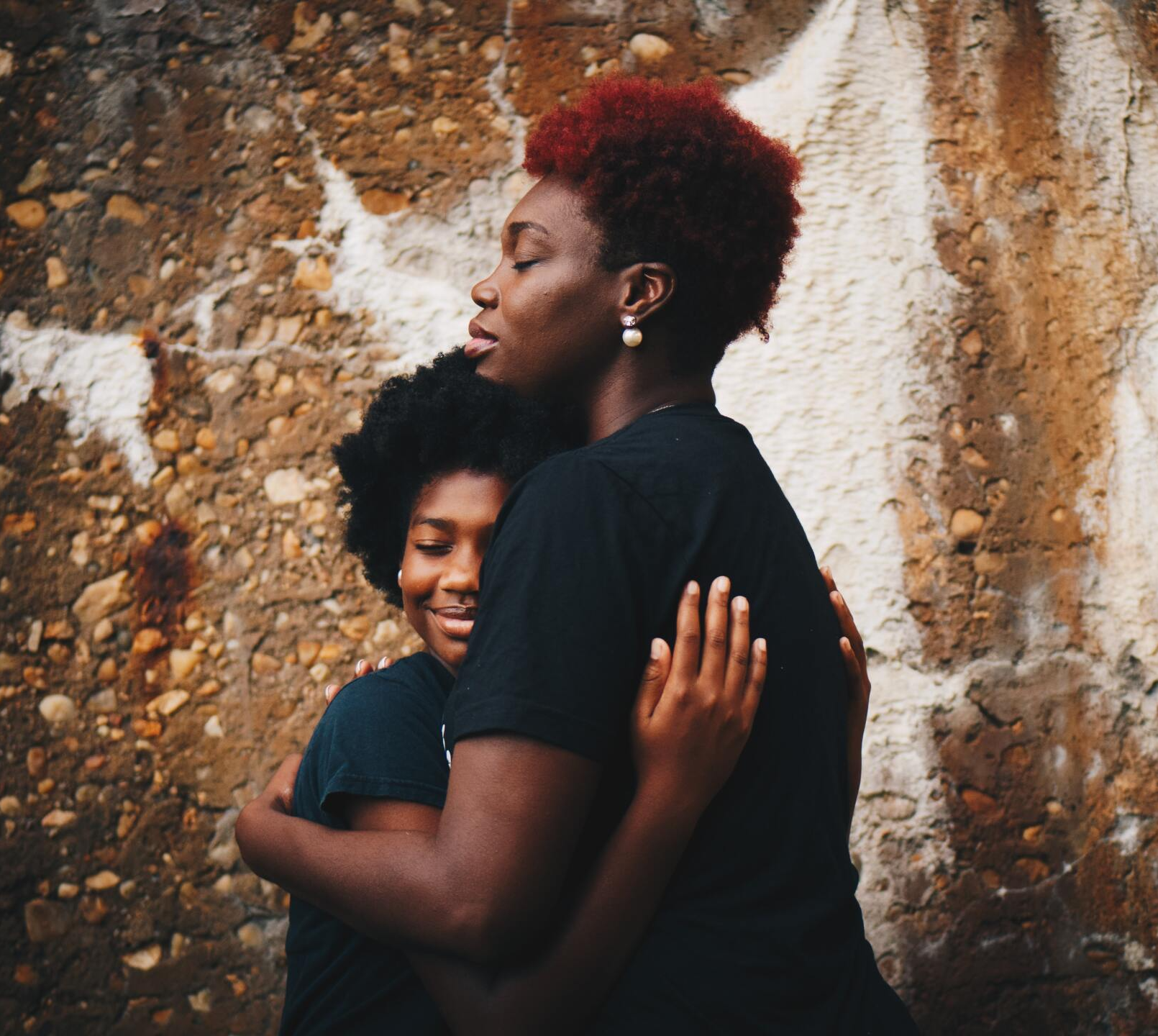How to Build a Child's Confidence in 5 Proven Steps

Self-confidence isn't just a buzzword; it's the foundation of mental well-being, defining how we value, believe, and accept ourselves despite external influences. At the Jai Institute for Parenting, we recognize self-confidence as the cornerstone of a child's holistic development. This article will explore self-confidence and offer five steps to foster it in your children.
Building Self-Confidence In Children
Self-confidence isn't just about inner strength; it's about recognizing and appreciating one's worth, talents, and potential. It serves as the compass guiding our decisions and actions, influencing every aspect of our lives, from personal relationships to professional endeavors. It extends beyond individual achievements to encompass a deep-seated belief in one's intrinsic value and capacity to contribute meaningfully to the world. It fosters a sense of empowerment, allowing individuals to pursue their aspirations with courage and conviction, even in the face of adversity.
Helping your child build their self-esteem and confidence is one of a parent’s most important tasks; how your child feels about themself will form the foundation of their mental, physical, and emotional health throughout their lives.
Self-confidence empowers children to:
- Cultivate a strong sense of self-worth
- Build meaningful connections with others
- Be intrinsically motivated
- Foster belief in themselves
- Move courageously in the direction of their dreams
- Build the resiliency they’ll need to navigate life’s challenges successfully
When children possess self-confidence, they prioritize self-love, no matter their situation. They can easily handle conflicts and resist negative influences such as peer pressure, which is worse than ever today because of influences like isolating technology and social media.
Sometimes, we can lower our children’s self-esteem while having their best interests at heart. So, let's explore some factors that can unintentionally lower your child’s self-confidence.
1. Comments and instructions
While our children will always need our guidance, they also need space to think for themselves and figure things out, even if this means they struggle a little bit. Constantly giving them ready-made solutions and instructions can lower their self-esteem over time, leaving them thinking they cannot handle challenges.
2. Focusing on shortcomings/mistakes
What we focus on is crucial when raising our children. Constantly focusing on what they did wrong instead of praising the desired behavior can have an adverse effect. Children need to be aware of the desired behavior as they slowly learn what is acceptable and what is not in their environment. Focusing on their mess-ups will only lead them to believe they have less self-worth. According to Dr. John Gottman, you need five positive comments for every negative to keep a marriage healthy. We can safely assume that our children need the same ratio, if not more.
3. Disrespecting your child
How we speak to our children is key to how they perceive their self-worth. Respectful communication can be life-changing for a child. Resorting to strong language or punitive measures can lower your child’s confidence, foster insecurity, and self-doubt, and limit their ability to express themselves.
4. Disregarding their opinion
Involving your child (no matter their age) in daily matters can help build their sense of self, the importance of their contribution to the family, and their sense of belonging and, by extension, steadily build their self-confidence. Denying our children the right to make age-appropriate decisions can take away the opportunity for them to gradually build their self-confidence and resilience.
Five Simple Steps to Build Your Child’s Self-Confidence
These practical parenting skills are proven to help children cultivate self-confidence:
1. Model Empathy
Lead by example by fostering empathy within your household. Begin by practicing self-empathy by acknowledging and understanding your own emotions. Then, actively listen to your children without judgment, creating a safe space for them to express themselves authentically.
2. Practice Acceptance
Allow your child to be exactly who they are in the moment. Accept and acknowledge their feelings – no matter what those feelings are. Don’t blame or judge them for having “wrong” feelings or taking “wrong” actions. Accept their behaviors and feelings equally and without judgment.
3. Be Self-Confident
Children are keen observers of authenticity. You need to be aware of your confidence and build upon it with self-care. When you take care of your needs and model empathy and acceptance for yourself, you’re more able to be there for your child.
4. Focus on Being Instead of Doing
Many parents focus on achievement to build self-confidence in their kids. They push them to succeed in everything they do and praise them when they meet expectations. But this is “contingent” or “acquired” self-esteem, and because it’s rooted in doing things, it’s fickle. It oscillates with the ability to produce or succeed, to do something. True, lasting, and dependable self-esteem isn’t evaluated based on doing. It accepts. It’s independent of outside opinions or accomplishments. Your child is worthy (of love, respect, friendship, empathy) simply by being.
5. Hold the Praise
This one might seem counter-intuitive. Doesn’t it make a child feel good when you praise them? Yes, but only if the praise is genuinely deserved and the child can make an objective connection between the praise and what brought it on. Praise for the sake of praise is counterproductive to building authentic self-esteem in kids (and adults!) because over-praising inhibits a child’s ability to form real judgments about themselves. It also sets up a pattern of seeking self-worth based on others’ reactions to them.
In the words of Gordon Neufeld,
"True self-esteem requires a psychological maturity that can only be incubated in warm, loving relationships with responsible adults."
As parents, we play a pivotal role in fostering this maturity by cultivating warm, accepting, empathetic, and honest relationships with our children. Through these connections, our children will carry an unwavering sense of self-esteem, a precious gift that will sustain them throughout their lives.
Are you interested in learning more about how you can support your child? Register for our free
Peaceful Parenting course today.
READ MORE:
Curious for more?













